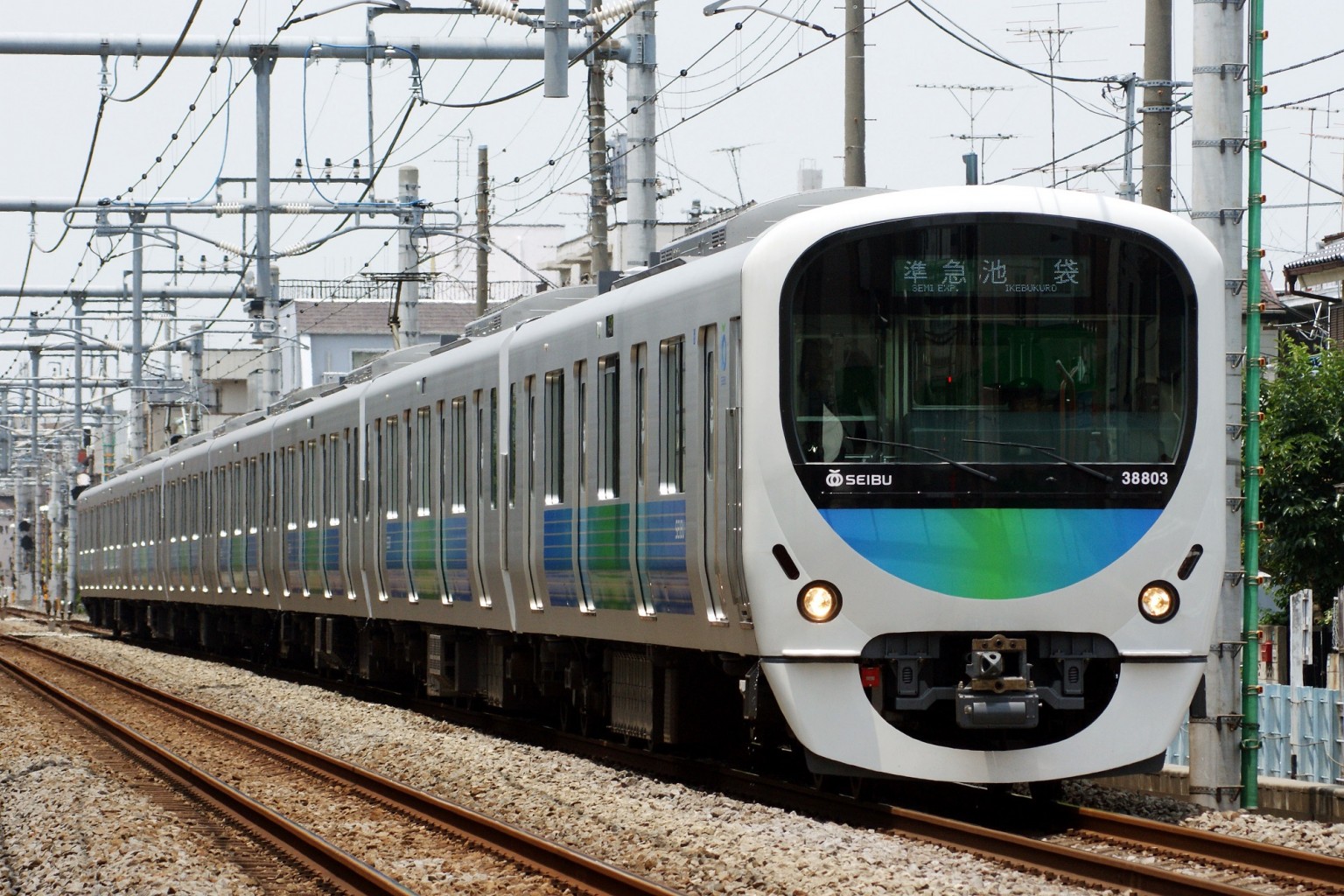Last month, leading economic indicators suggested Nigeria, Africa’s largest economy, might be heading for an economic recession. Nigeria once experienced an economic recession in the mid 1980’s but recovered between 1997 and 2007, a span of about 10 years.
The global recession which affected all European countries in 2009 saw only Poland come out of it. Poland avoided recession in 2009 as a result of low debt, robust domestic demand, and flexible currency. Expansionary fiscal policy, lowering interest rates, currency devaluation, austerity measures, focus on infrastructure development, quantitative easing and support for new breed of entrepreneurs, amongst other things, are ways through which governments can avoid recession.
Nigeria therefore plans to create a $25 billion fund with public and private financing to modernize infrastructure and avoid a recession. “The way to get out of the impending recession is to spend, rather than cut in any way”, said, Vice President, Prof. Yemi Osinbajo during an interview with Bloomberg Television.
Agricultural sector
Private investing in the agricultural sector has been viewed as the best way to unlock the country’s potential, and curb excess dependence on oil. “Growing our own food, processing what we produce, becoming competitive in export markets, and creating jobs all across economy, are crucial for our national security,” Buhari said, in his speech during an annual general meeting and conference of the Nigerian Association of Chambers of Commerce, Industry, Mines and Agriculture.
Nigeria’s agricultural sector is the largest contributor to the country’s GDP. The government plans to make Nigeria self-sufficient in rice production in the next 24 months by articulating programmes prepared by the International Fund for Agricultural development (IFAD) – an international organisation dedicated to addressing issues on agriculture and poverty.
With Nigeria being the largest producer of certain agricultural products like cassava, investing in the agricultural sector would boost the country’s export, and reduce dependence on petroleum in relation to the government’s planned diversification of the economy.
Rail Transportation
Transportation plays a significant role in the sustenance of a country’s economy. Transportation remains vital to a country’s development as it connects other sectors of the economy. Nigeria has only two major rail lines – one connecting Lagos to Yobe, and the other connecting Port Harcourt to Maiduguri. Nigeria’s railway system lack workinglocomotive engines, which is the fulcrum of rail transport business.
Rail transportation has been viewed by experts as a catalyst to national development, hence the government’s plan to develop a high-speed rail system to save the country from the looming recession. Massive investment in China’s railway transportation helped boost the country’s connectivity, and fostered development.
The government’s plan to invest massively in railway transportation is expected to create employment, enhance commuter’s mobility, create new industries, stimulate the economy, and offer Nigerians the most inexpensive mode of transportation.
Power
Power has been the biggest hindrance to economic growth and development on the continent: the energy deficit. The demand for power on the continent is increasing; and since investors wanting to expand their businesses see the cost of energy as a barrier to entry, the Nigerian government plans to invest more in the power sector in order to increase energy generation and stable power supply in the country.
Over the years, cost of power generation has been an issue in the country, but in recent months, the country has experienced a rapid increase in power generation.
President Muhammadu Buhari has assured that the government is committed to setting up renewable energy projects in the country since it is sustainable and eco-friendly. The power sector remains the bedrock for small and medium scale enterprises (SME’s) to survive.
The government is also committed to new techniques of environmentally friendly power generation sources to protect the ecosystem, and renewable energy programmes that will encourage global investors in the country.
Source: Damilare Opeyemi, Ventures Africa




